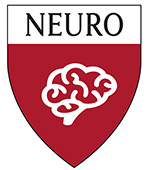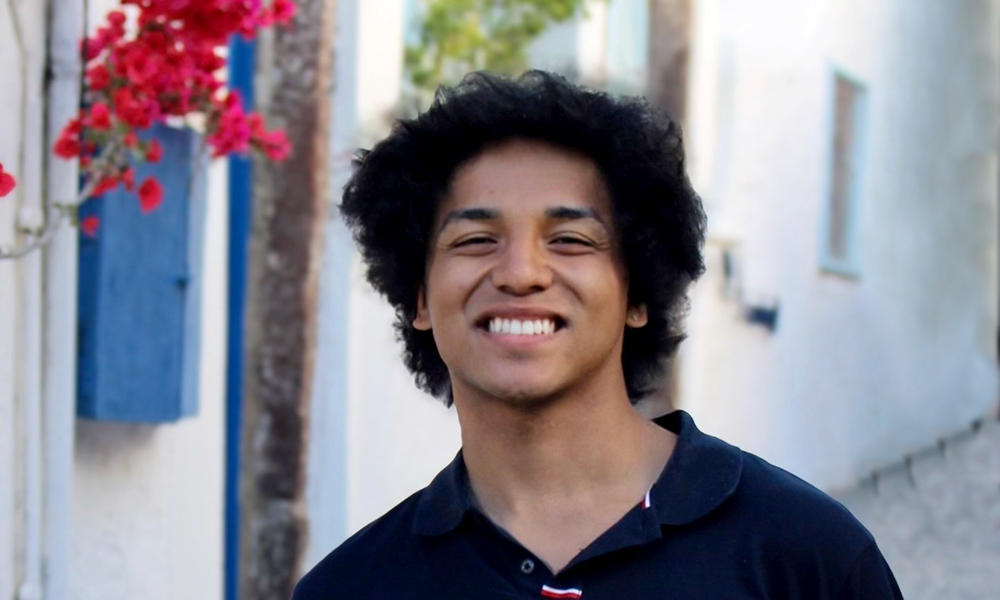Harvard undergraduate Craig McFarland (‘25), was recently elected to the Society for Neuroscience’s 2024 Early Career Policy Ambassador program (ECPA), one of just ten individuals selected nationwide and the only undergraduate in his cohort.
The ECPA is a 10-month program for early career scientists to interact with neuroscience advocates and policymakers and create an extensive personal network of neuroscience advocates. The ECPA aims to improve scientific literacy within political environments, allowing program attendees to work with members of Congress on neuroscience-related policy and advocacy.
As a sophomore, McFarland had declared a neuroscience concentration and spent the remainder of his undergraduate career working in neuroscience labs and also on policy issues. “I have endless enthusiasm for neuroscience and a significant part of my candidacy for this program is attributed to the Harvard neuroscience family I was fortunate enough to work with,” McFarland says. He has conducted research across multiple Harvard labs – including The Shen Lab: Law, Ethics, Neuroscience & Artificial Intelligence at Harvard Medical School, The Denckla Lab at Harvard T.H. Chan School of Public Health, and recently the Neurodisparities & Health Justice Lab at Massachusetts General Hospital. Outside of labs, he collaborated with Harvard’s Institute of Politics on science policy and is the founder and current co-president of the Ethics Society at Harvard. “These organizations are all about public outreach and consideration of issues within and outside of laboratories,” he explains.
McFarland expressed gratitude to Francis X. Shen, who supported his application and serves as one of his thesis advisors. “Professor Shen has been an incredible mentor and leader in neuroscience & society, and I cannot thank him enough for his guidance,” he adds. He also extends his thanks to Christy Denckla, and Henri Garrison-Desany, who also mentors McFarland and advises his thesis, and have been a source of inspiration, and Laura Magnotti, Assistant Director of Undergraduate Studies in Neuroscience. He will graduate next year at the completion of the ECPA program with a concentration in Neuroscience, a secondary in Global Health and Health Policy, and a citation in Spanish.
“Craig is an extraordinarily successful student with a diverse array of academic interests among the life and social sciences that he consistently pursues with great passion and enthusiasm,” says Magnotti. “In fact, he has challenged himself to write an extra chapter in his senior thesis about the bioethical implications of his neuroscience research purely out of personal interest. I’m confident that he will more than hold his own among the graduate students and postdocs who were also chosen by SfN to be members of this prestigious group of future advocates.”
Following his Harvard graduation next year, McFarland’s compass points to earning an MD/PhD in neuroscience. “It would be incredible to have my own lab in neuropsychiatry and discover new therapeutics,” he says, “and then translate the work I do to patients and politics to be sure that the science I do reaches the communities I care about.”





